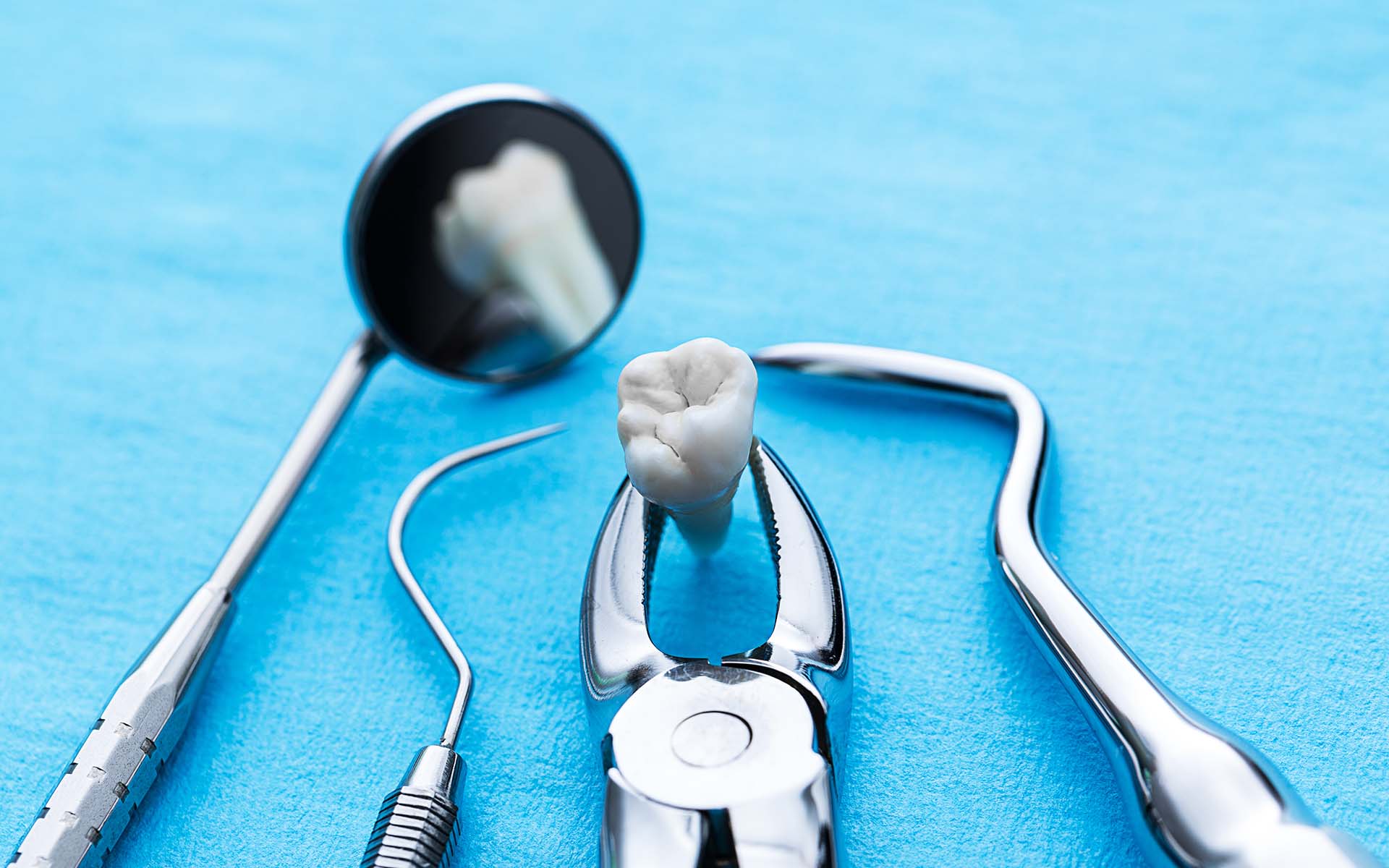
Impacted Tooth Extraction

Wisdom teeth, one of the largest chewing teeth at the back of the mouth, are usually found embedded. Impacted teeth may not come out in everyone. In cases where it occurs, it is usually observed in the early twenties or earlier. Impacted teeth cannot come out in their ideal position when there is not enough space in the jaw, when the tooth is trying to come out at an angle, or because these teeth are pressing on your other healthy teeth. Wisdom teeth located under the gums do not go unnoticed and do not cause problems as long as they do not cause any pain or discomfort.
Problems Caused by Impacted Teeth
The most common problem in wisdom teeth is an infection called pericoronitis. As only some of the impacted wisdom teeth are exposed, dental plaque accumulates in the area between the gums. It would not be possible to clean this area effectively. Dental plaque that cannot be cleaned causes the infection to spread to the tissues surrounding your tooth. This spreading infection causes painful swellings in the gums. Not only is it painful, it can also cause undesirable bad breath and taste. Pericoronics can often be controlled by dentists and the problem can be eliminated with treatments. If the pericoronitis has recurred, your dentist will refer you to an oral surgeon and request the extraction of the problematic impacted tooth.
Impacted Wisdom Tooth Extraction Stages
X-rays are taken to better see the root of the tooth and to plan the stages of the operation to be applied before the impacted tooth is extracted, which causes infection, bad smell, pain and pain as a result of incomplete hygiene in the mouth. By examining the x-ray, it is determined whether the tooth is completely impacted. If the tooth is completely impacted, an incision is made on the gums and the dentist removes the bone on the tooth. All procedures performed are performed under local anesthesia and the procedure takes approximately one hour to complete.
After the operation, a slight swelling and pain may occur in the treated area. In order to minimize these complaints, it is important to follow the recommendations of the dentist. Smoking can delay your recovery and cause infection after the operation. For this reason, it is recommended not to use tobacco products for a while.